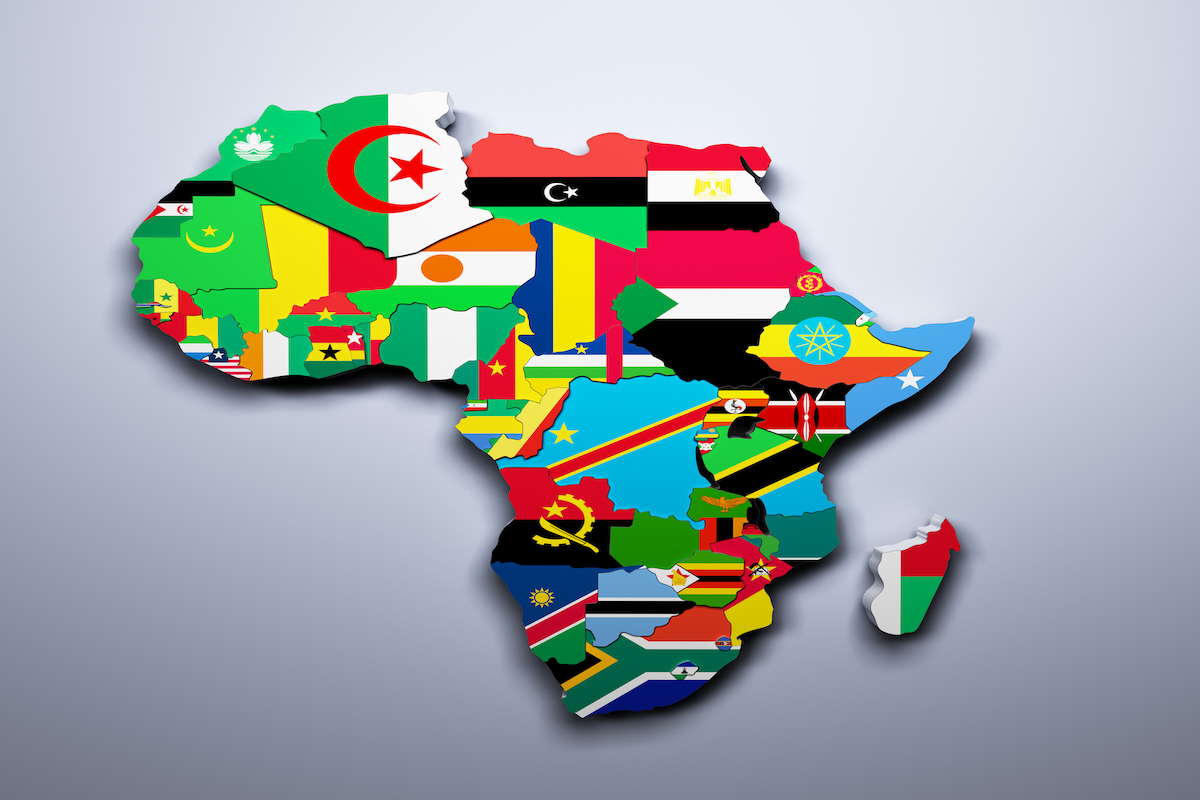The aggressive wooing of African nations by China, over the past decade or so in particular, has added to its strategic heft in its rivalry with the USA. But it has also seemingly galvanised Washington. US President Joe Biden, the commentary coming from veteran Africa-watchers indicates, has renewed his commitment to make Africa a priority for American diplomacy. Secretary of State Antony Blinken has visited the continent three times in just 10 months with trips to Kenya, Nigeria, and Senegal in end-2021, Morocco and Algeria in early-2022, and South Africa, the Democratic Republic of the Congo, and Rwanda in August. The intensity of the outreach is significant as it builds towards the Second USAfrica Leaders’ Summit to be hosted in Washington DC in December and is expected to lay out the roadmap for what a reset in America-Africa ties could deliver going forward.
The focus of the Biden Administration’s engagement ~ fronted by Vice-President Kamala Harris, who is partly of African descent ~ is on a range of issues including counterterrorism, conflict resolution, climate change, food security, strategic minerals, democratic governance, and human rights. The idea, according to experts, is to ensure that the contrast between an autocratic China and a democratic America is vivid for Africans. Regional experts Witney Schneidman and Landry Signé, however, go a step further to argue that not only is America moving away from viewing relations with Africa solely through the emerging Cold War lens ~ USA-Europe versus China-Russia ~ but is recognising that Africans live increasingly globalised lives and need to be engaged in a way that Beijing’s mercantilist approach and Moscow’s efforts to foment instability for its strategic benefit can be effectively countered.
Advertisement
To this end, they add, the USA is working towards a new, more flexible regional architecture premised on what they term “four pillars”. These may be broadly defined as fostering openness and open societies; delivering democratic and security dividends; advancing pandemic recovery and economic opportunity; and supporting conservation, climate adaptation, and an equitable energy transition process. While these are laudable objectives, they would require building transparent, democratic institutions which will take time. It would also be naïve to believe that the African ruling elite would reject outright the benefits they get personally, and the more democratic regimes pass on to their citizens through leaky welfare schemes, from the Chinese or the Russians.
The key for America to achieve its desired results is likely to be the role the cash-rich US private sector plays. Washington does seem to recognise this. As Schneidman and Signé point out, the US government has helped to close 800 deals across 45 countries for an estimated value of $50 billion in exports and investments over the last three years. But that’s only a proverbial drop in the ocean in comparison with the monies on tap which can be opened at will by a state-controlled economy such as China. All stakeholders are hoping the Africa Business Forum, which will be part of the December Summit in Washington, will provide more visibility on this front.
A version of this story appears in the print edition of the August 31, 2022, issue.









